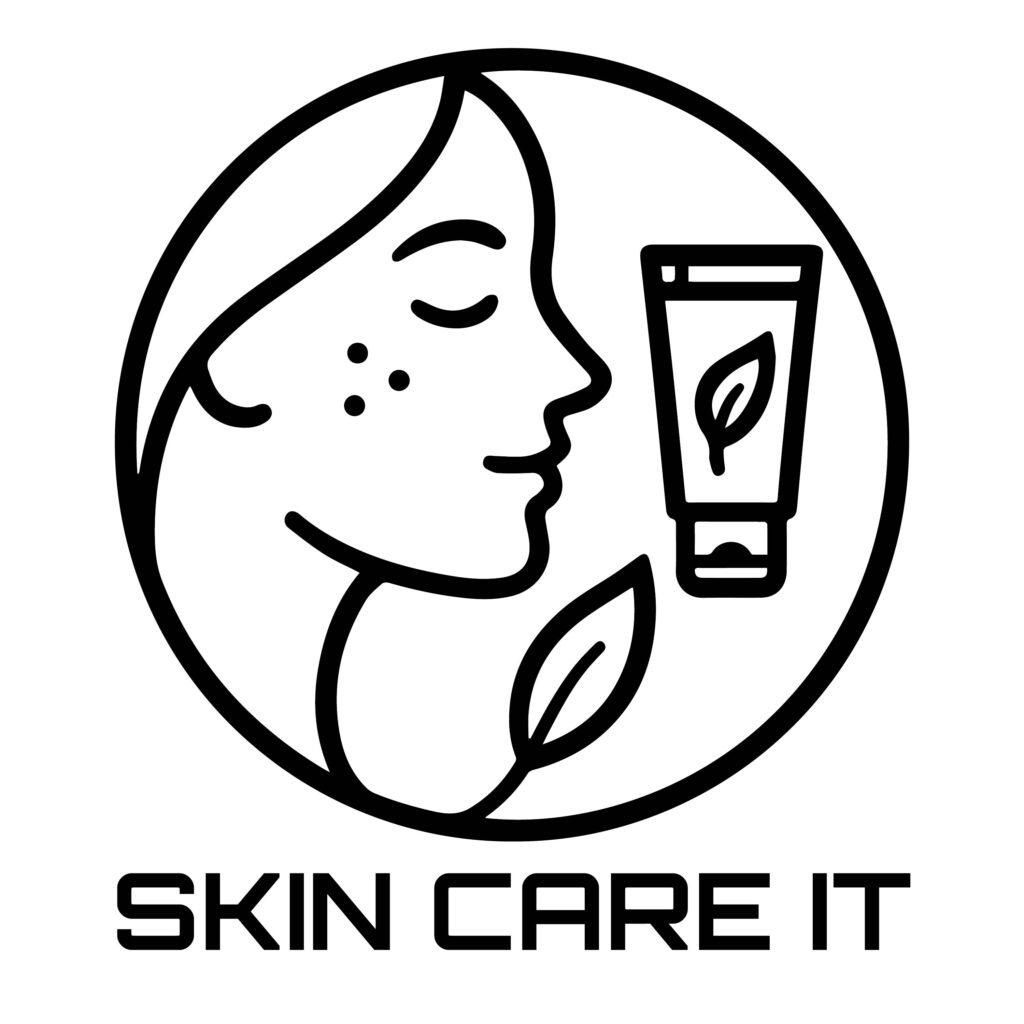Estimated reading time: 6 minutes
Table of contents
- Sunscreen SPF 30, 50, 100: How to Choose the Right Sun Protection for Your Skin
- What Does SPF Mean and How Does It Work?
- How Different Are SPF 30, 50, and 100 in Protecting Your Skin?
- When Should You Use SPF 30, 50, or 100?
- Why Doesn’t Higher SPF Mean Complete Protection?
- How to Properly Apply Sunscreen for Maximum Effectiveness?
- What Are Common Myths About Sunscreens With Different SPFs?
- How Does Broad-Spectrum Protection Enhance SPF?
- Can Sunscreens With Higher SPF Cause Skin Problems?
- What Other Factors Influence Sunscreen Effectiveness?
- How to Choose Between Chemical and Physical Sunscreens?
- Sunscreen SPF 30, 50, 100 : How Long Does Sunscreen Protection Last?
- FAQs About Sunscreen SPF 30, 50, 100
Sunscreen SPF 30, 50, 100: How to Choose the Right Sun Protection for Your Skin
Sunscreens SPF 30, 50, or 100 offer varying levels of protection against UVB rays. SPF 30 blocks about 97% of UVB rays, SPF 50 blocks 98%, and SPF 100 blocks nearly 99%. Choosing the right SPF depends on your skin type, sun exposure duration, and activity, but no sunscreen blocks 100% of UV rays
What Does SPF Mean and How Does It Work?
SPF stands for Sun Protection Factor, a measure of how well a sunscreen shields your skin from UVB rays, which cause sunburn and contribute to skin cancer. The number indicates how much longer you can stay in the sun without burning compared to unprotected skin.
For example, SPF 30 theoretically allows you to stay in the sun 30 times longer without burning. However, real-life factors like sweating, swimming, and improper application can reduce effectiveness, so reapplication is necessary.
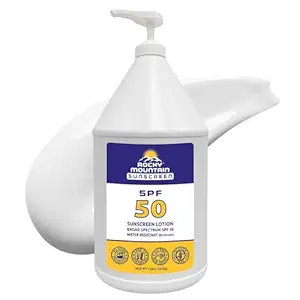
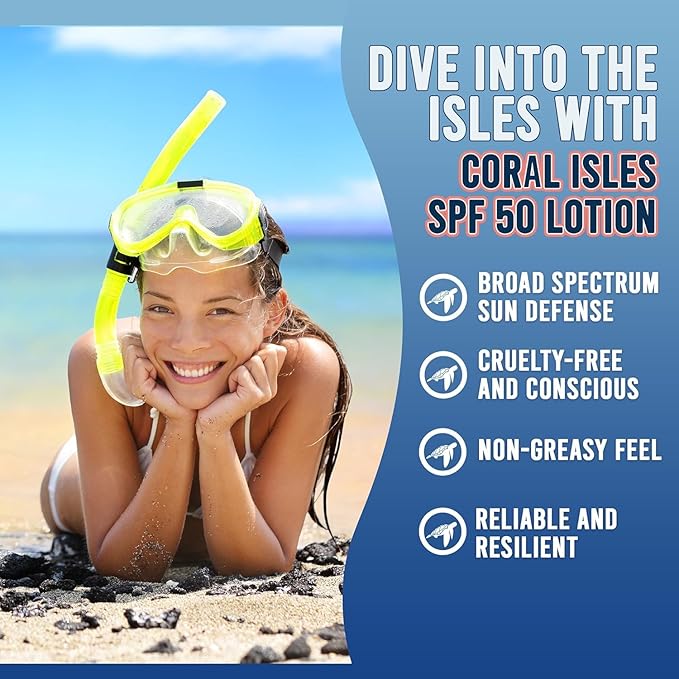
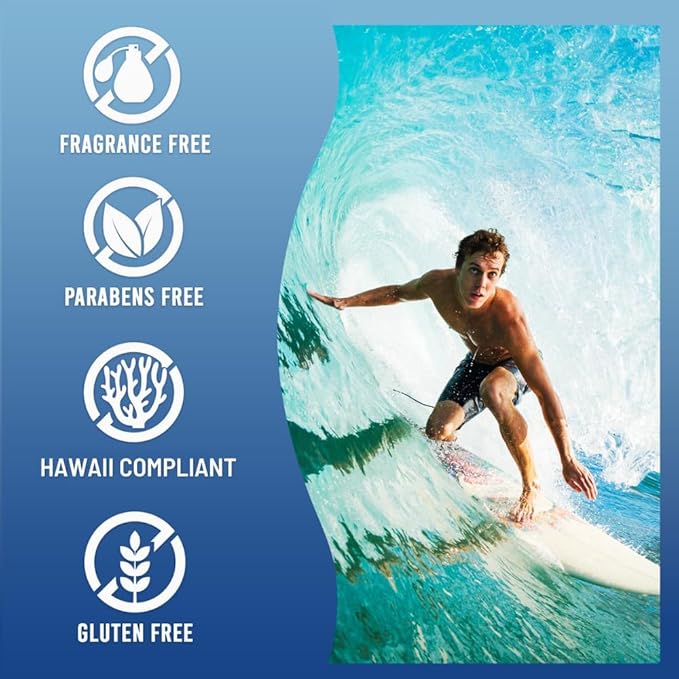
How Different Are SPF 30, 50, and 100 in Protecting Your Skin?
Though SPF numbers seem vastly different, the actual increase in UVB protection is incremental:
| SPF Level | Approximate UVB Protection |
|---|---|
| SPF 30 | 97% |
| SPF 50 | 98% |
| SPF 100 | 99% |
This means SPF 50 blocks about 1% more UVB rays than SPF 30, and SPF 100 blocks about 1% more than SPF 50. While higher SPF provides slightly more protection, the difference isn’t proportional to the number increase.
When Should You Use SPF 30, 50, or 100?
Choosing between these depends on several factors:
- SPF 30: Suitable for everyday activities, moderate sun exposure, and most skin types.
- SPF 50: Recommended for fair or sensitive skin, extended outdoor time, or during intense sun exposure.
- SPF 100: Ideal for people with very fair skin, history of skin cancer, or when spending prolonged periods outdoors in extreme sunlight.
Remember, even high SPF sunscreens require regular reapplication every two hours or after swimming or sweating.
Why Doesn’t Higher SPF Mean Complete Protection?
No sunscreen blocks 100% of UV rays. SPF indicates UVB protection but does not measure UVA protection, which also damages skin and causes aging. Broad-spectrum sunscreens guard against both UV types, so look for this label.
Higher SPF sunscreens might contain more chemicals or physical blockers, which can sometimes cause skin irritation or feel heavy. Balancing protection with comfort ensures consistent use, which is vital.
How to Properly Apply Sunscreen for Maximum Effectiveness?
Effective sun protection isn’t just about SPF number; how you apply matters a lot. Follow these tips:
- Apply sunscreen 15-30 minutes before sun exposure.
- Use about one ounce (a shot glass) to cover your entire body.
- Reapply every two hours and after swimming or sweating.
- Don’t forget often-missed spots like ears, neck, and tops of feet.
Proper application maximizes the protection SPF provides.
What Are Common Myths About Sunscreens With Different SPFs?
- Myth 1: SPF 100 is twice as effective as SPF 50.
Fact: SPF 100 only blocks about 1% more UVB rays than SPF 50. - Myth 2: Higher SPF means you don’t need to reapply.
Fact: All sunscreens need regular reapplication regardless of SPF. - Myth 3: Sunscreens prevent tanning completely.
Fact: Sunscreens reduce UV exposure but don’t block all tanning; some pigmentation may still occur.
Understanding these myths helps you use sunscreen more effectively.
How Does Broad-Spectrum Protection Enhance SPF?
Sunscreen SPF 30, 50, 100 : Broad-spectrum sunscreens protect against both UVB and UVA rays. While SPF measures UVB protection, UVA rays penetrate deeper, causing premature aging and some skin cancers. Products with ingredients like zinc oxide or avobenzone provide broad coverage.
Choosing a broad-spectrum sunscreen with an SPF appropriate to your needs ensures better overall defense.
Can Sunscreens With Higher SPF Cause Skin Problems?
Some individuals may experience irritation from high-SPF products due to increased chemical filters or physical blockers. Those with sensitive skin might prefer mineral sunscreens with zinc oxide or titanium dioxide, which tend to be gentler.
Testing a small patch before full use can prevent unwanted reactions.
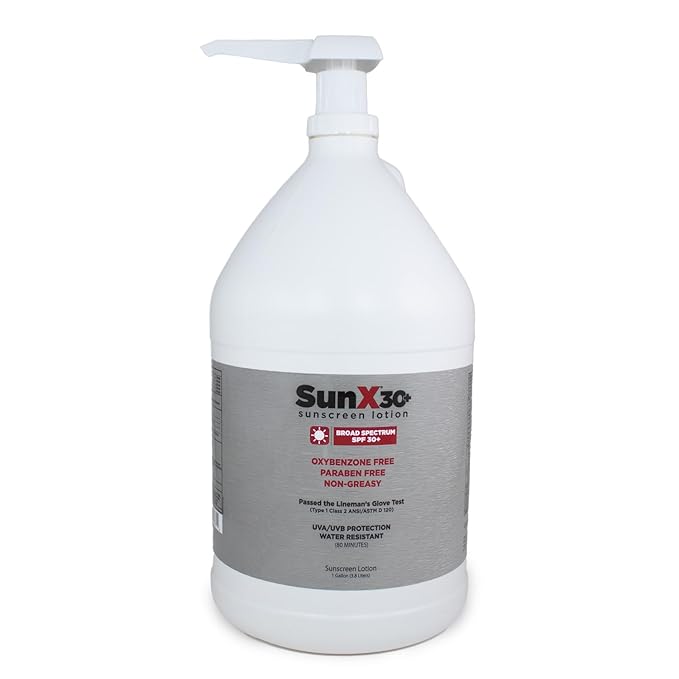
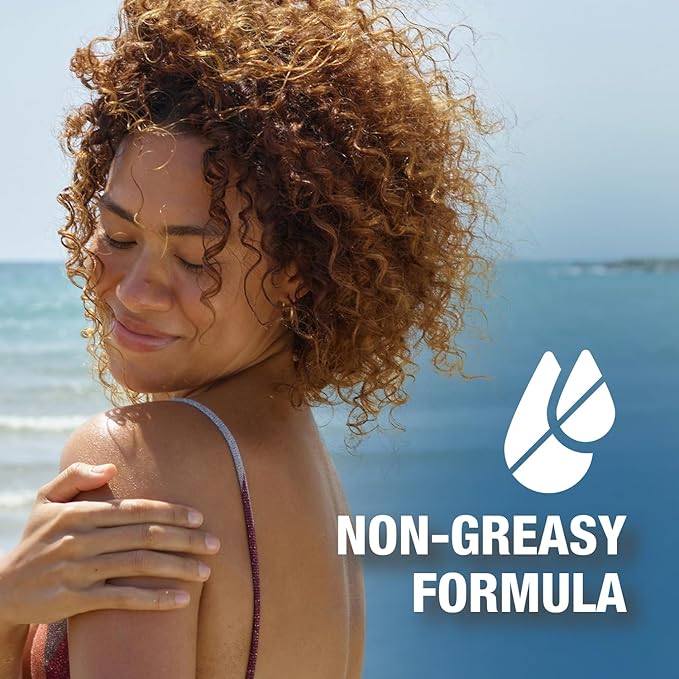
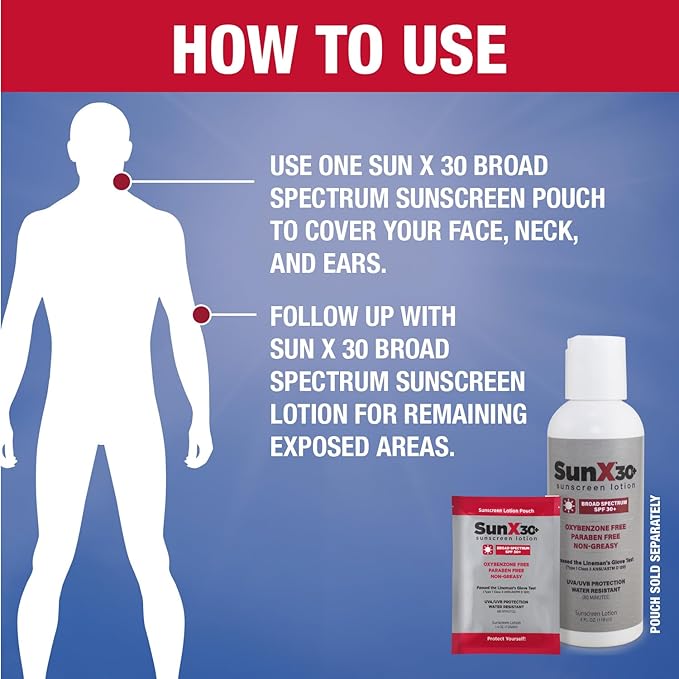
What Other Factors Influence Sunscreen Effectiveness?
Several elements can reduce sunscreen’s protective ability:
- Swimming, sweating, or towel drying removes sunscreen.
- Applying too little sunscreen lowers effectiveness.
- Using expired products reduces protection.
- Environmental factors like water reflection or altitude increase UV intensity.
Being mindful of these helps maintain optimal sun defense.
How to Choose Between Chemical and Physical Sunscreens?
- Chemical Sunscreens: Absorb UV radiation; often lightweight and easier to apply.
- Physical (Mineral) Sunscreens: Reflect UV rays using zinc oxide or titanium dioxide; usually suitable for sensitive skin.
Both types can offer SPF 30, 50, or 100 levels. Personal preference, skin sensitivity, and activity type guide the choice.
Sunscreen SPF 30, 50, 100 : How Long Does Sunscreen Protection Last?
Regardless of SPF, sunscreen protection lasts about two hours under normal conditions. Water resistance can extend this time, but reapplication remains essential.
For prolonged outdoor exposure, set reminders to reapply frequently, even if your product claims longer water resistance.
FAQs About Sunscreen SPF 30, 50, 100
SPF 100 offers marginally more UVB protection but doesn’t replace proper application and reapplication. It’s best for high-risk skin types or extreme sun exposure.
No. All sunscreens must be reapplied every two hours or after swimming/sweating for continuous protection.
Higher SPF reduces UVB exposure but does not block all rays responsible for tanning; some pigmentation can still occur.
Generally, yes. Mineral-based sunscreens tend to be less irritating, making them ideal for sensitive skin types.
Use about one ounce (a full shot glass) to cover all exposed skin to ensure effective protection
SPF measures UVB protection only. Choose a broad-spectrum sunscreen to guard against UVA and UVB rays.
